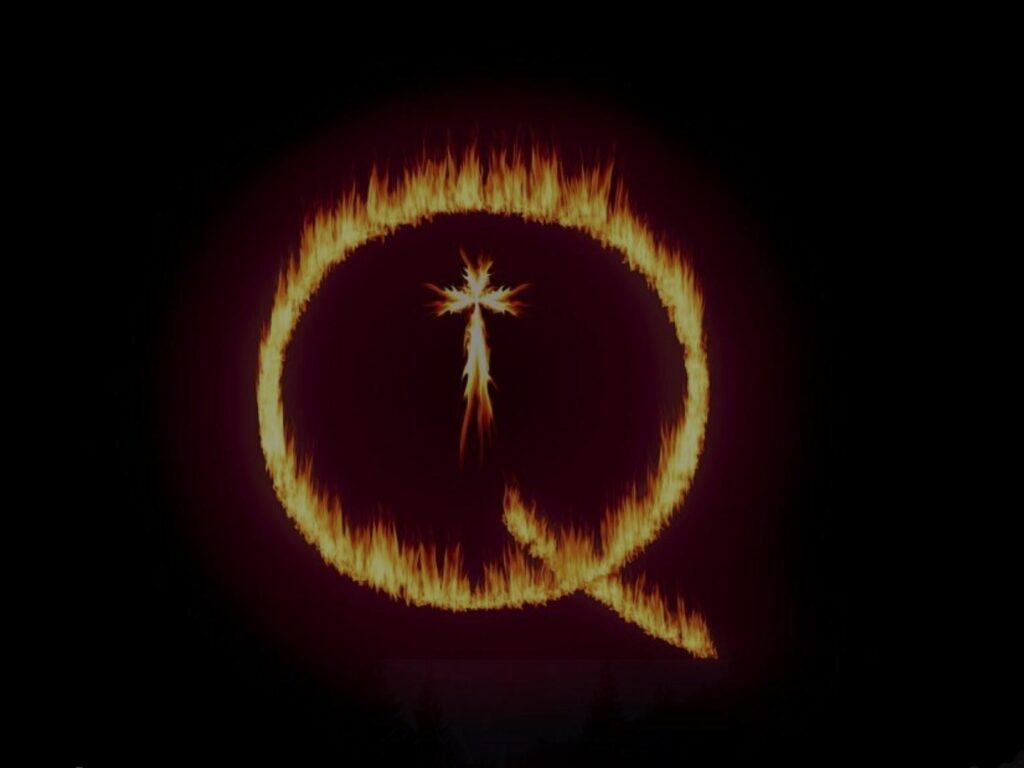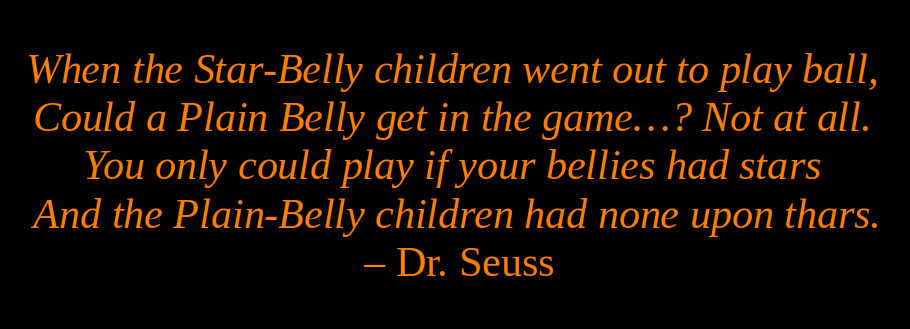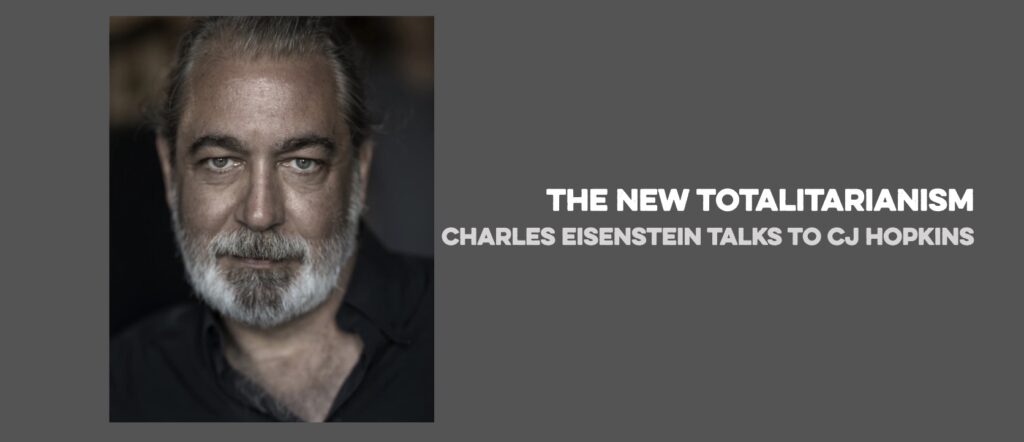The ego of activism

Polarisation, and mainstream alienation from activism can be a mirror for us to examine the ways in which we, as a diverse movement, need to change.
Rowan Harrington and Charles Eisenstein attempt to reflect on the multiple egos of activism, exploring many sacred cows including our tendencies toward tribalism and totalising worldviews, cultural superiority, enemy creation, fragility in the face of legitimate criticism, privilege blindness, its more subtle twin, privilege bashing, victimhood and revenge, shaming and blaming, virtue signalling, moral purity, idiot compassion, frenetic productivity, taking ourselves way too seriously, and let’s not forget the tendency to be overly negative and masochistic which this event description is excelling at! They explore the wounds, traumas, limiting beliefs and primal desires that animate this collective ego and how to playfully disarm it. They attempt to speak honestly and compassionately about our blind spots as a movement, and explore new ways of being that might help us create a more effective and unifying activism.
Charles Eisenstein is a speaker and writer focusing on themes of civilisation, consciousness, and human cultural evolution. His short films and essays have established him as a genre-defying social philosopher and countercultural intellectual.
Ronan Harrington is a speaker and founder of Alter Ego, a network of social change leaders that are pioneering personal, cultural and political renewal. He has worked as a Political Strategist for Extinction Rebellion UK and Futurist at the British Foreign Office.
















Responses